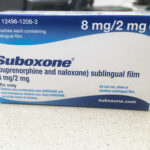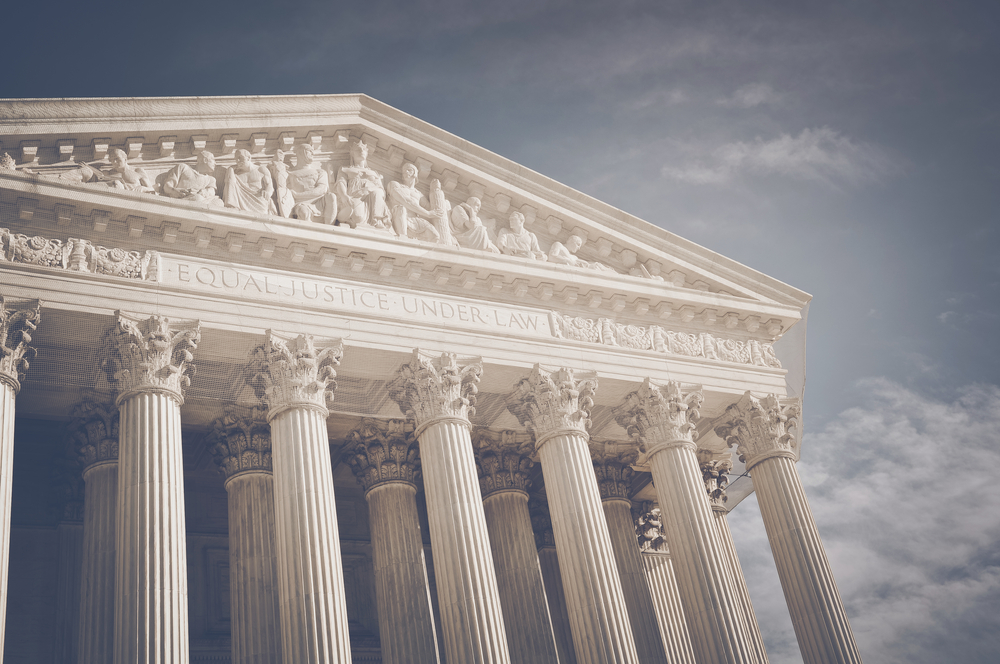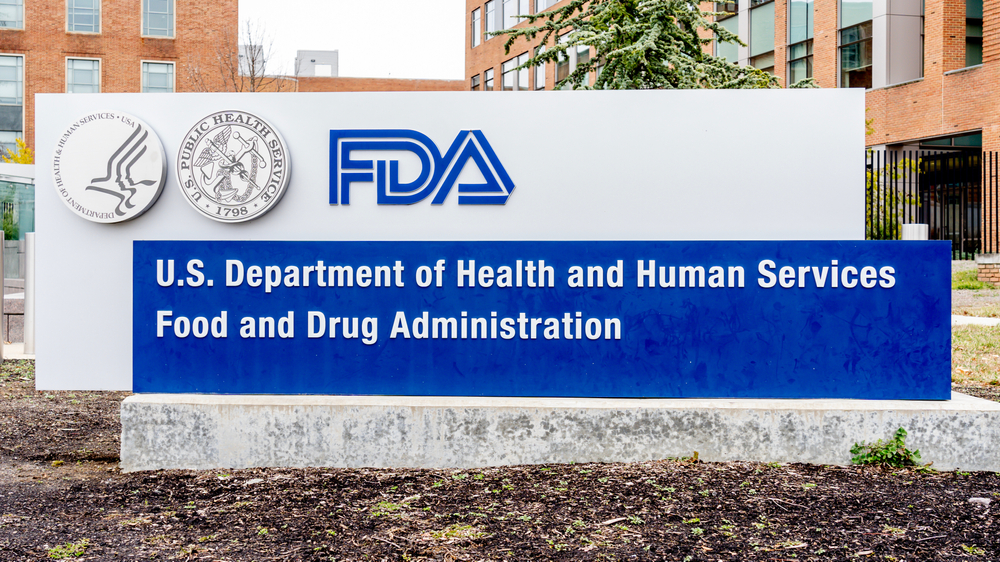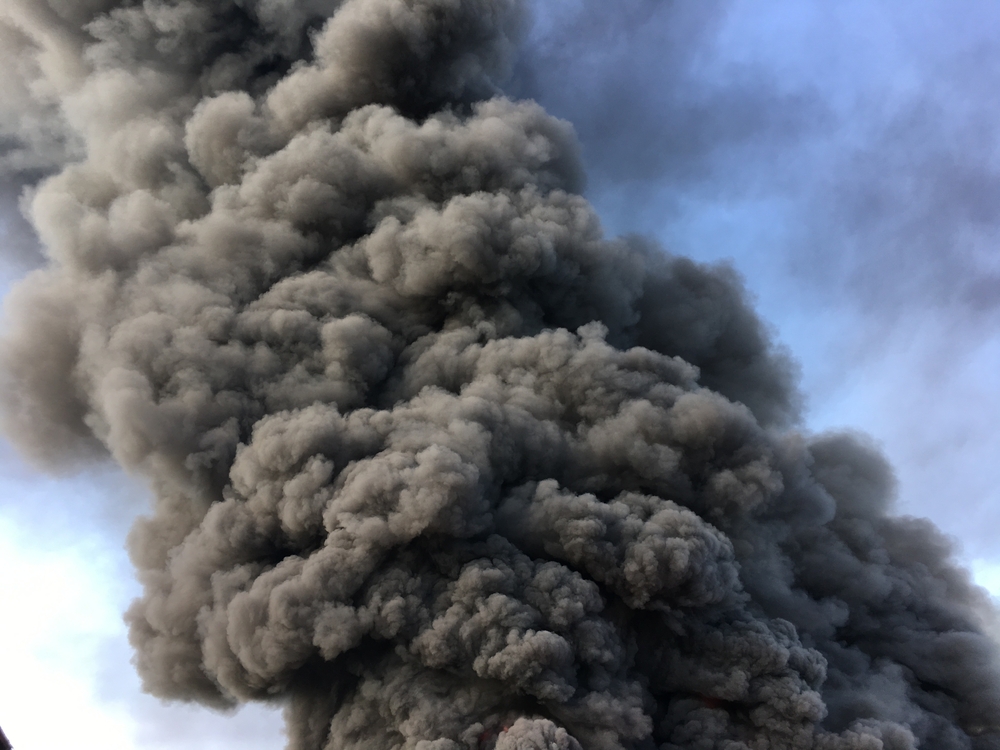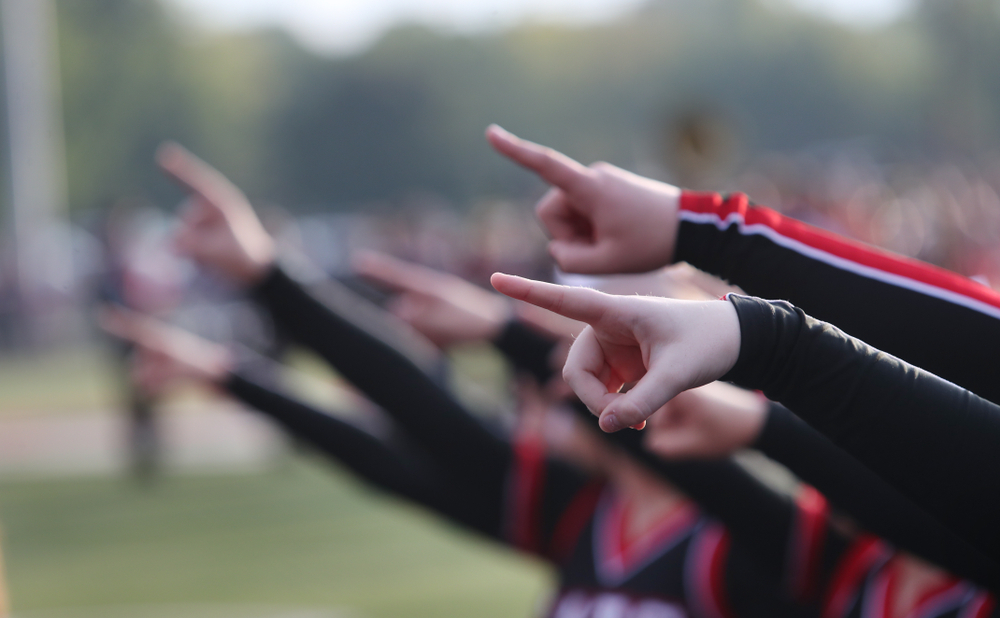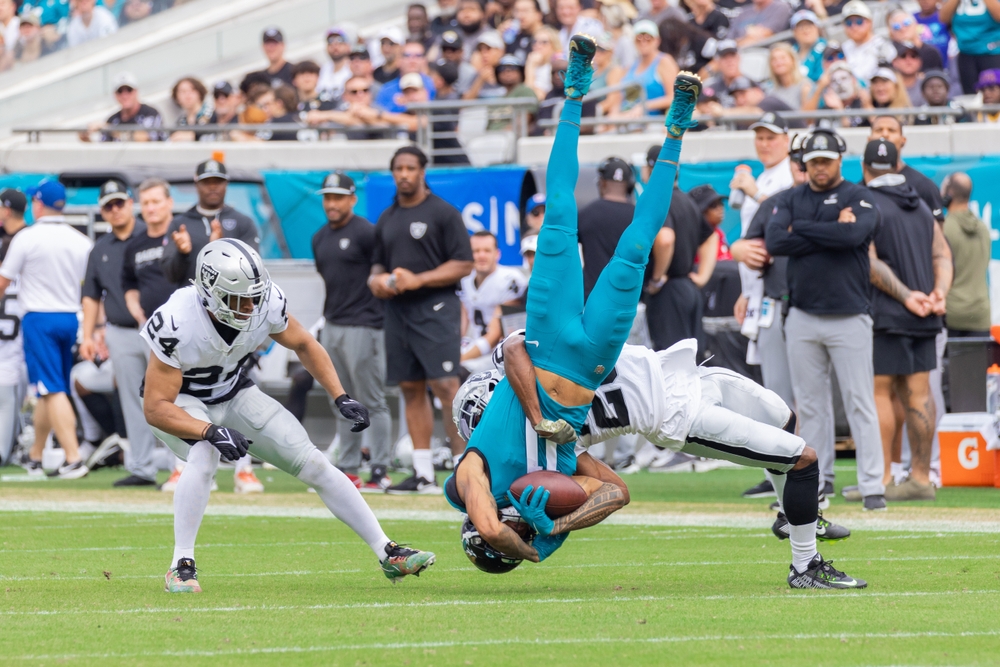What Does the Sandy Hook Settlement Mean for Future Gun Manufacturer Lawsuits?
A legal battle between families of the Sandy Hook mass shooting victims and the manufacturers of the weapon used to carry it out has come to an end with a settlement of $73 million.
On Dec. 14, 2012, 20-year-old Adam Lanza killed his mother, Nancy Lanza, in her sleep with her legally owned Remington Bushmaster, an AR-15-style rifle. He then proceeded to kill 20 first graders and six teachers at the Newton, CT elementary school before using a separate handgun to kill himself.

The victims’ families, along with one survivor, sued Remington – the country’s largest and oldest gun manufacturer at the time – in 2015 for marketing and selling an unreasonably dangerous weapon to the public. Their intention was to prevent future tragedies by opening the gun industry as a whole to more scrutiny about its marketing practices.
The landmark case was the first wherein an American gunmaker settled in a mass shooting-related lawsuit. Prior to the surprising plaintiff victory, manufacturers whose products were used to commit crimes had enjoyed nearly complete immunity for liability thanks to the 2005 federal Protection of Lawful Commerce in Arms Act (PLCAA).
Widely expected to be an easy win for Remington had it advanced to trial, the case was followed intently by other manufacturers and advocates on both sides of the gun control issue because it could set a precedent for increased future lawsuits.
Plaintiffs: Gunmaker Encouraged Violence to Young Men
The civil case alleged that Remington marketed the semi-automatic weapon specifically to young and at-risk men with its suggestive advertising and product placement in popular violent video games like “Call of Duty.” One ad showed the rifle along with the phrase “Consider Your Man Card Reissued.”
In another that the families’ lead attorney Josh Koskoff shared with reporters, Bushmaster even allowed its fans to submit a friend’s email address so they could “report [their] friend for ‘not being a man’ because they didn’t own a Bushmaster.”
A major condition for the families’ agreement to settle was that Remington must release thousands of pages of internal documents showing how the rifle and other weapons were marketed. When they will be publicly released is unknown.
Remington’s response to the stipulation was to furnish tens of thousands of random pictures and videos, some of them advertisements for unrelated Remington accessories like coffee mugs, but mostly simple cartoons like an ice cream cone or Santa Clause.
This tactic is not Remington’s first attempt to confuse and delay the discovery process. The gunmaker filed for bankruptcy in 2018 and 2020, effectively dissolving a 200-year-old company and stalling the litigation.
Because the plaintiffs had asked Remington to produce social media content as part of their documentation, anything embedded in the sites, including by third parties, technically fulfilled the request; the move was viewed by Koskoff as a highly disrespectful way to get around revelations of guilt via marketing purposely aimed at a vulnerable demographic.
While filing a motion to the Connecticut Supreme Court in July 2021 asking them to intervene, Koskoff said of the strategy, “I know that Remington’s goal here is to delay things as long as possible. Our goal is to make sure that doesn’t happen.”
Remington agreed to settle only if the language included no admission of their guilt in the shooting.
The Path to Unexpected Victory
The families’ suit was initially filed in Connecticut state court and languished in the system for years before they successfully appealed to move it to the state’s Supreme Court.
Connecticut justices ruled that the case could proceed based on their broad interpretation of a state statute known as the Unfair Trade Practices Act. An exception in the federal PLCCA allows litigation against a gunmaker if they are found to have violated a law applicable to the sale or marketing of a product.
The U.S. Supreme Court agreed after denying an appeal from Remington, which argued that there was no real evidence that its marketing influenced the shooting.
The settlement will be paid not by Remington, which is now defunct, but by four representative insurance companies. Only the families who participated in the lawsuit will receive money, not the other victims’ families.
Their big win creates a potential path for future plaintiffs, who may be able to file complaints in states with laws similar to Connecticut’s Unfair Trade Practices Act.
“Today is about what is right and what is wrong,” said Francine Wheeler, who lost her 6-year-old son Ben. “Our legal system has given us some justice today. But David and I will never have true justice. True justice would be our 15-year-old healthy and standing next to us right now. [But] he will be six forever because he is gone forever.”
What Will This Mean For Future Lawsuits Against Gunmakers?
Gun rights groups and industry leaders are confident the Remington settlement will have little to no effect on future lawsuits, as their federal liability protection remains in effect.
But legal experts say it might lead to manufacturers’ reexamining their advertising tactics or even ending sales of assault weapons. Some popular retailers, including Dick’s Sporting Goods, Kroger stores and even Wal-Mart, have already done so.
Others believe the groundbreaking case will likely prompt insurers into pressuring their clients to avoid marketing practices or design choices similar to those used by Remington.
The deal is a setback to the gun industry because the plaintiffs were able to work around the PLCAA by proving that Remington’s marketing violated Connecticut state consumer law.
Similar litigation forging a clearer path for lawsuits against gun manufacturers and retailers has been introduced or adopted in a few other states, including New York, New Jersey and California.
The New York law, the first of its kind in U.S. history, will allow makers, sellers, importers and marketers to be held liable for guns as a “public nuisance.”
Other mass shooting-related lawsuits have also been successful, including one from families of victims of the 2019 Dayton, OH tragedy against the company that made the weapon’s magazine.
Overall, the path for future similar actions will be unclear until the U.S. Supreme Court decides to weigh in on the workaround the Sandy Hook families used to win their settlement.
But the possibility of a different future is enough for Nicole Hockley, mother of 6-year-old victim Dylan.
“Nothing will bring Dylan back,” she said after the settlement was finalized. “My hope for this lawsuit is that by facing and finally being penalized for the impact of their work, gun companies along with the insurance and banking industries that enable them will be forced to make their practices safer than they’ve ever been, which will save more lives and stop more shootings.”

